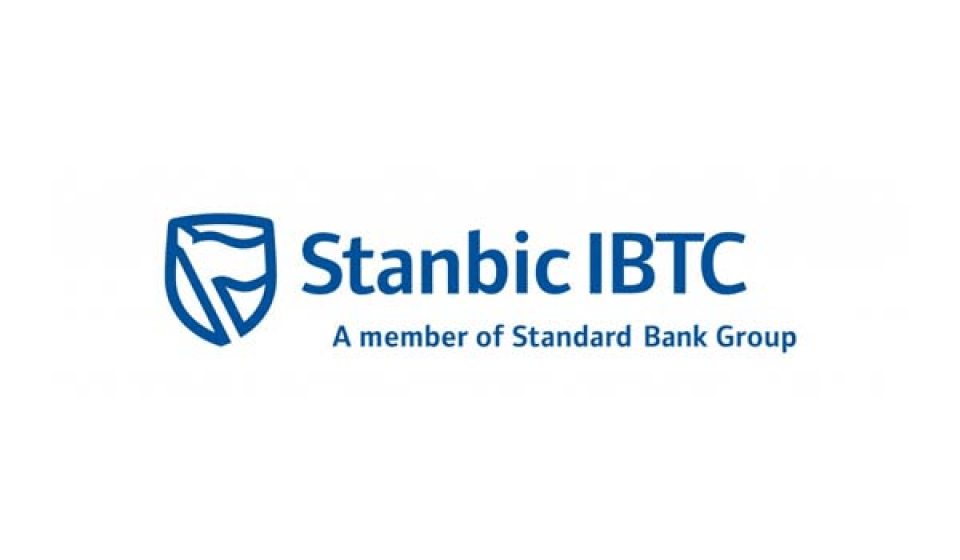Nigeria’s Purchasing Managers Index rose to 55.4 in July from 53.6 in June, according to a report by Stanbic IBTC Bank.
The company said this signalled a marked improvement in business conditions, describing it as one of the strongest PMIs since January 2020.
According to the report, Nigeria’s private sector began the second half of the year on a positive footing as it continued the run of expansion that began in July 2020.
It said quicker upticks in output, new orders, purchases and employment supported growth.
“On the price front, higher raw material, wage and transportation prices were linked to another robust rate of overall input price inflation. Output prices also rose sharply,” the report said.
According to Stanbic IBTC, the uptick was centred on stronger demand conditions, with new orders rising at the fastest rate in one-and-a-half years and firms as a result, raising their output levels at the joint-quickest rate since August 2020.
It said, “Greater output requirements led firms to raise their buying activity during the month, which they did so at the sharpest rate in one-and-a-half years. The sustained period of output and new order growth encouraged firms to add to their inventory holdings. Anticipation of greater demand was also linked to stockpiling efforts.
“To cater for higher workloads, firms raised their headcounts. Job creation has now been seen in each month since February. This allowed firms to clear their backlogs for the fourteenth month in a row. The rate of backlog depletion eased to the softest in four months, but was still among the quickest in the series history.
“Meanwhile, vendor performance improved again, a trend observed throughout much of the series’ history. That said, the rate at which lead times shortened was the softest in 15 months. According to firms, busier road conditions and material scarcity affected supplier delivery times.
“Material shortages drove higher costs, with firms also mentioning rising transportation and staff expenses. Overall input price inflation eased to a seven-month low, but was still strong in the context of the historical average. Output price inflation meanwhile quickened, with the improving demand environment allowing firms to raise their charges.”




